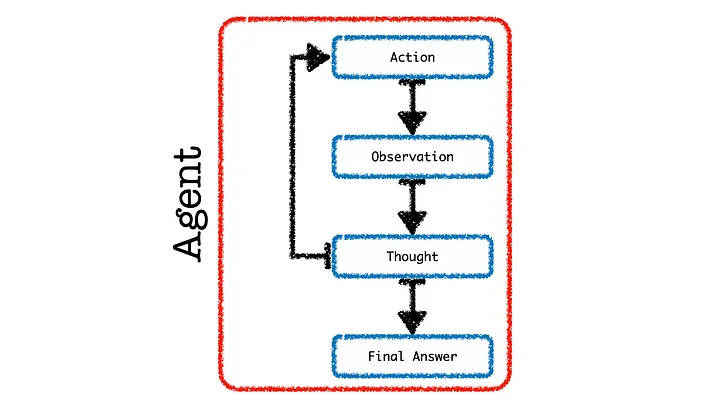Agent Applications
Agents make use of pre-assigned tools in an autonomous fashion to perform one or more actions. Agents follow a chain-of-thought reasoning approach.

Business applications of LLM Agents include:
Decisioning & Personalisation
In today’s leading decisioning / personalisation systems, we use machine learning to determine buyer propensity. Generally, supervised learning over customer histories is used to make next best action predictions. In some cases, multi-armed bandits and reinforcement learning is used to determine the next offer.
However, at the heart of the decision making engine that is using these machine learning inputs is a simple arbitration formula. (Arbitration is the act of making a choice when presented with multiple options.) We could just pick the option with the highest propensity score for example. However, to balance competing priorities, the formula generally looks something like:
Value to the Customer X Value to the Business - Cost to implement = NBA
There are lots of variations, which include business weights that are effectively overrides to handle, for example, time sensitive campaigns or mandatory compliance messages.
Value to the Customer might use the propensity score. Value to the Business might be a measure of expected revenue.
The organisational processes to make all of this work is a separate conversation.
As another technology option, Agents have promise in combining all of these policy inputs in making the next-best-action decision; or rather recommendation, as we need to wrap the decision in various guardrails and controls to enable human oversight.
Nudge Engine
Many processes, such as sales and account management, benefit from having the latest information, relevant to an account, at hand before a sales call. Pulling out the relevant information is time consuming. Furthermore, if an account rep could be notified of a change in the customer’s position or of a relevant change in the market impacting the customer, the account rep could make those communications more timely.
Agents enable relevant information to be pushed to the user instead of only responding to when the customer makes an enquiry. This makes LLMs more like an assistant than a glorified chat search box.
In addition, a sales call involves a two-way flow of information. The account rep consumes information but will also capture important new information and insights. At present, it is difficult and time consuming to update analytics systems. An agent would capture free-form notes or transcribed conversations from an account interaction and perform the necessary processing such as categorising and cross-referencing the information before updating a knowledge base. The knowledge base becomes an immediate resource for further requests or automatic nudges.